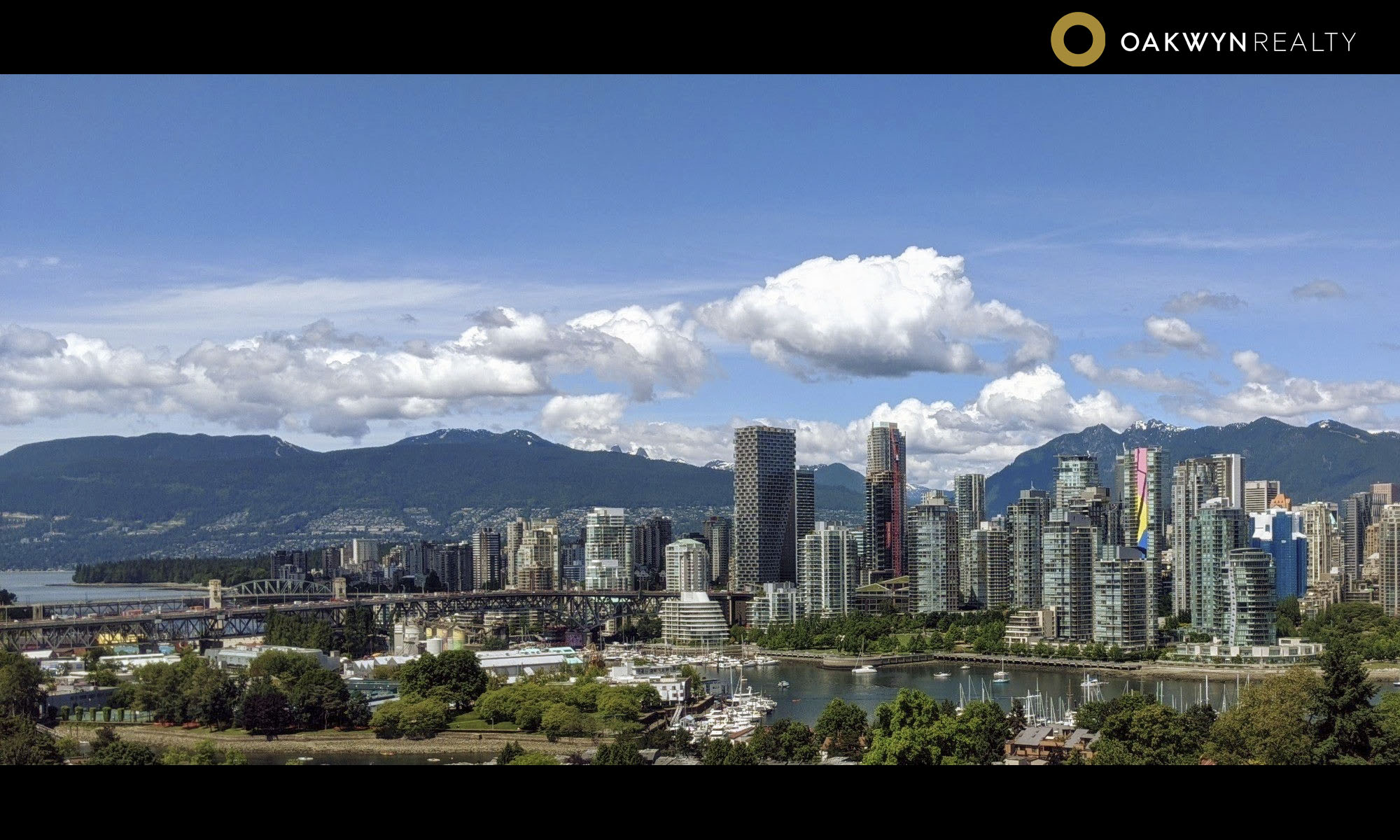REBGV president said in the most recent report that “Residential home sales have been trending at 25-30% above the ten-year sales average for most of the year.”
Last month’s sales were 32.9% above the10-year average and the sales-to-active listings ratio was 31% (which means almost 1 in every 3 homes are selling).
Analysts said there’s upward pressure in price when the ratio reaches 20% or higher (when 1 in every 5 homes are selling), especially in areas where the ratio stays high for a sustained period of time.
The sales-to-active listings ratio has stayed above 20% since February of this year.
On the contrary, there’s downward price pressure when the ratio declines below 12%).
For the full report and stats package click here.

In Vancouver Westside, prices remained flat across different property types but the days on market fell by 1 to 2 days. The Sales-Active-Ratio increased in attached market.
It is still multiple offers situation in Vancouver West’s condo and townhome market and homes are selling for above asking price.
For example in Kitslano area, a condo asking $550,000 was sold for $600,000 and a townhome asking $998,000 was sold for $1,100,000 without subjects.

In Vancouver East, Single family home price increased from $1,120,000 in August to $1,137,500 in September. Sales-Active-Ratio also increased in attached market as inventory remained low while buyer demands are strong.

How would the heritage designation affect Shaughnessy’s home value?
Builders are already leaving the area and buying lots in the vicinity such as Dunbar and even further out in Vancouver East.
An architect friend told me it is sometimes difficult to find the balance between keeping “heritage value” and keeping up with today’s building science.
For example, the city wants to keep important existing windows which are mostly single pane windows.
But today’s building science uses at least double pane windows that are more energy efficient and environmental friendly. So how do you find the balance?
Click here for more info on the Heritage designation
A note on interest rate: Economists and market watchers agree, the two biggest factors in driving home ownership will be real wage growth and continued low interest rates. The next rate announcement will occur on October 21, 2015.













